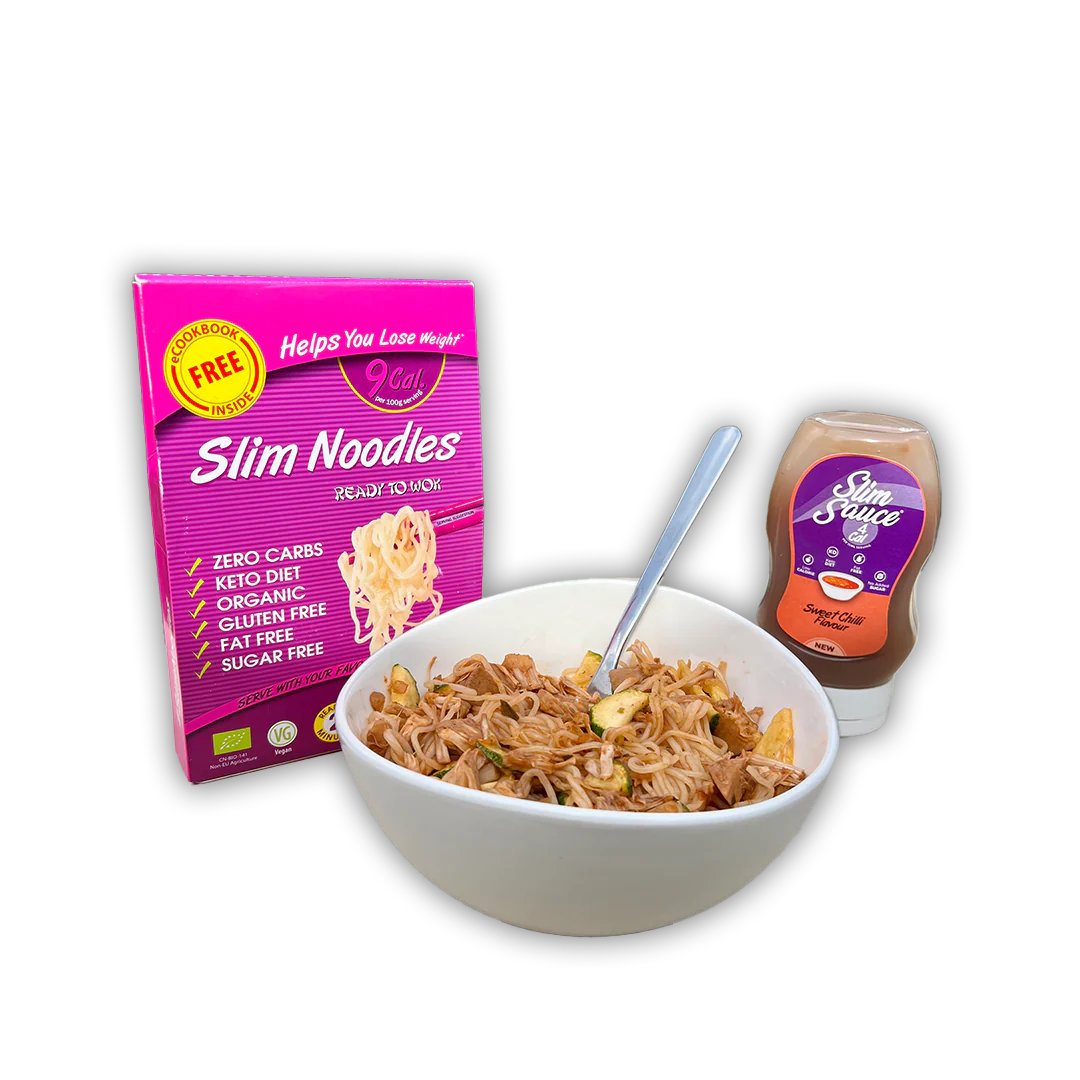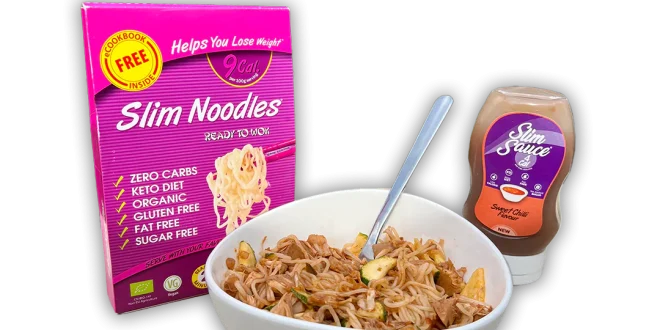
Maintaining a healthy lifestyle doesn’t have to feel like a never-ending challenge. Starting with low calorie selections, one of the best methods to control weight and general health is by deliberately choosing the meals you eat. But with the profusion of “diet foods” available today, one might easily become overwhelmed. Which foods help you reduce calories and provide nutrients and satisfying value? This article will look at that, emphasising sensible and pragmatic approaches to select low-calorie foods fit for your health objectives.
Also, explore how low calorie ready meals can make it easier to stick to your diet.
What Low-Calorie Foods Exist?
Low calorie foods have fewer calories per serving, enabling you to consume more without expanding your energy consumption. These meals make you feel full and satisfied while ingesting fewer calories. Hence, they might be vital for weight control. Not all light meals, meanwhile, are created equal. Select nutrient-dense foods, those abundant in vitamins, minerals, and fibre relative to their calorie count.
Why Should You Give Low-Calorie Foods Any Thought?
You might be wondering: Why should healthy low calorie foods be the focus initially? Reducing calories can be a good tactic for anyone aiming to keep a healthy body mass index (BMI) or reduce weight. Lean food choices also frequently contain lots of Water or fibre, which can help you feel full for longer and lessen the need to snack on less good choices. Furthermore, supporting heart health, blood sugar control, and even digestion and proper low-calorie meals are important.
Categories of Low-Calorie Foods Worth Considering
Aiming for a better lifestyle, it’s easy to fall for highly processed “low-fat” or “sugar-free” choices that might not be as healthy as they look. Instead, emphasise full, natural meals. These are some great low-calorie items you should start including in your diet:
- Fruits and Vegetables
Leafy Greens: Although they have little calories, spinach, kale, and lettuce are loaded with vital vitamins. For instance, a cup of spinach has just over seven calories!
Berries: Without adding too many calories, berries—blueberries, raspberries, and strawberries—help to fulfil your sweet taste. They also abound in antioxidants.
Zucchini: It is a flexible vegetable in many cuisines; a full medium zucchini offers around 33 calories.
- Whole Grain Foods
Brown rice is a great low-calorie choice that keeps you full thanks to its high fibre count.
Not only is it low in calories, but quinoa is also high in protein; hence, it’s a great choice for a balanced diet.
- Protein sources
Many folks trying to save calories yet still receive lots of protein turn to skinless, boneless chicken breast. About 140 calories are in a three-ounce portion.
Tofu is a very flexible plant-based protein with a low-calorie count. It works across a broad spectrum of cuisines and absorbs tastes nicely.
- Konjac Based Goods
Extremely low in calories—about 5–10 calories per serving—these konjac-based noodles might be a fantastic pasta replacement.
Like konjac noodles, konjac rice is another amazing low-calorie substitute for traditional grains, providing the same gratification with fewer calories.
Ideas for Selecting Low-Calorie Foods
Just half the fight is knowing which foods have a minimal calorie count. These pointers can enable you to make better decisions about meal planning or shopping:
- Exclosely Review Nutrition Labels
Low-calorie diets might be misleading. Be cautious when verifying the exact serving size on nutrition labels. Some packaged foods may be low-calorie but have small serving sizes, so you probably eat more and ingest more calories than you would have thought.
- Emphasise portion control.
Practice portion management even when you are selecting low-calorie items. For instance, while they are high in nutrients, nuts and seeds can be calorie-dense if consumed in great amounts. One must be moderately balanced.
- Steer clear of hidden fats and sugars.
Many low-calorie items, especially processed choices, might contain harmful fats and hidden sugars. Choose entire meals, such as fruits and vegetables, always instead of packaged snacks that promise reduced calorie count but little nutritional content.
Because they help you feel satiated for longer, foods high in fibre—such as veggies, whole grains, and legumes—are great low-calorie choices. Their slower digestion helps you prevent blood sugar spikes and maintain constant energy levels.
- Add Water-Rich Foods: Naturally low in calories, foods high in water content—such as cucumbers, melons, and tomatoes—help you keep hydrated. For snacking or adding to meals, these are ideal selections.
The Part Konjac Products Play in Low-Calorie Diets
Native to Asia, the root vegetable konjac has become especially popular in Western diets because of its low-calorie count and capacity to make one feel full. Products based on konjac, such as konjac rice and noodles, have a special quality: they mostly consist of Water and glucomannan, a kind of fibre that stretches in the stomach and makes one feel full. If you want to try this root vegetable, consider buying konjac-based low calorie ready meals from local producers.
Low-Calorie Meal Plan
Low-calorie, nutrient-dense meals abound in this short meal schedule:
Breakfast calls for a smoothie of half a banana, spinach, berries, and almond milk—about 150 calories.
Lunch is a big salad with mixed greens, cherry tomatoes, cucumbers, quinoa, and a mild vinaigrette (around 300 calories).
Dinner may include tofu, zucchini, and stir-fried noodles topped with a sloshy soy sauce, around 250 calories.
In Snacks, have a handful of blueberries (around 40 calories) or sliced cucumbers with hummus, roughly 100 calories.
Final Thoughts
Selecting low calorie foods doesn’t mean giving up taste or enjoyment. Emphasising entire, nutrient-dense foods and low calorie ready meals like Eat Water’s konjac-based products can help you enjoy tasty meals that meet your health objectives. Making wise food decisions will help you either lose weight or be more conscious of eating.
Thus, remember that healthy low calorie foods do not equate to low taste the next time you shop for groceries or plan your meal.
 Diverse Perspectives: Insights & Stories Exploring Ideas, Sharing Knowledge
Diverse Perspectives: Insights & Stories Exploring Ideas, Sharing Knowledge





